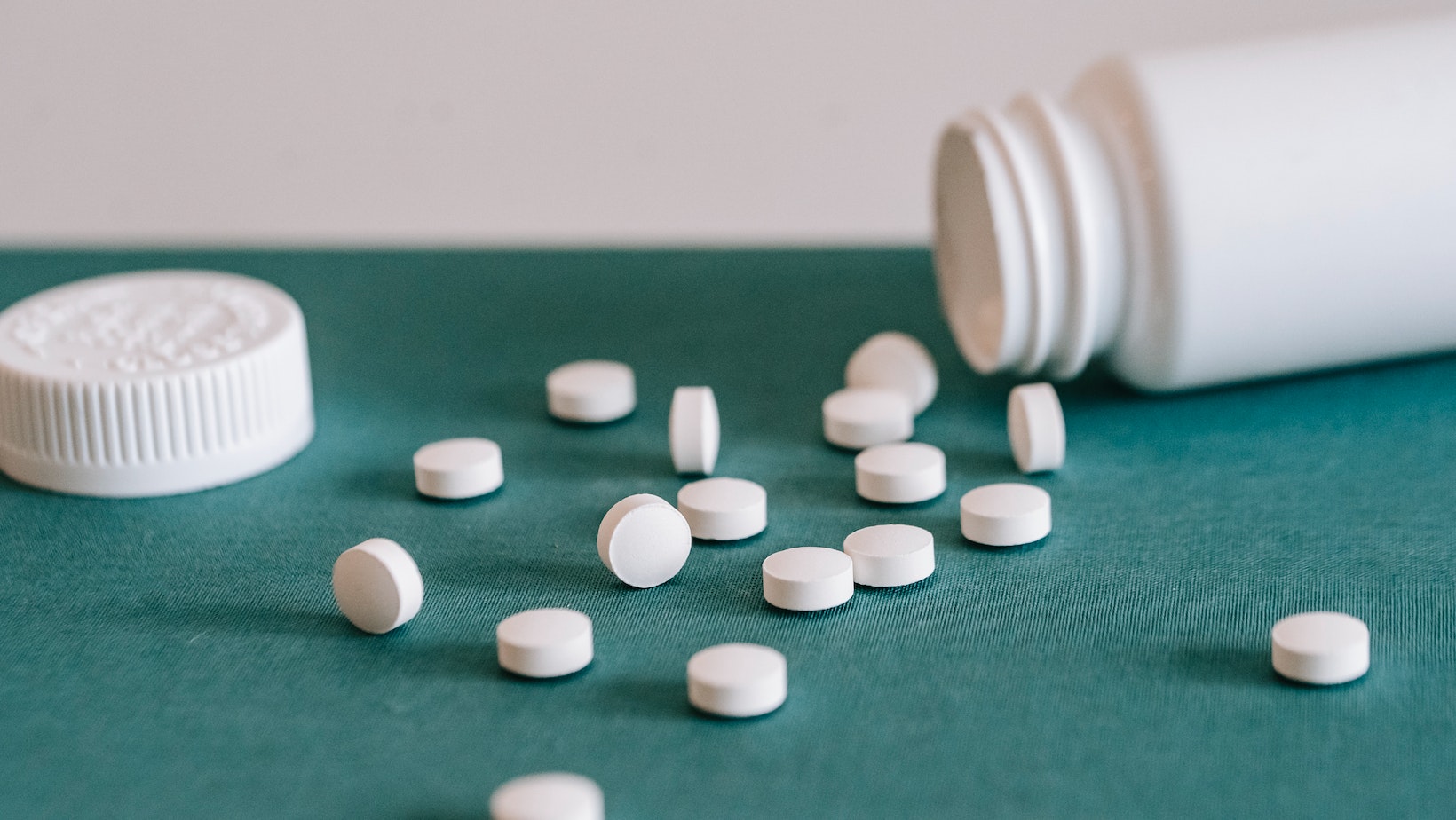
Do you want to maximize your performance and build muscle, but are worried that creatine might make you gain weight? If so, then this blog is for you. You’ll learn how the body uses creatine to benefit your workout and the surprising extra effects of supplementing with it. Discover how creatine can help you reach your fitness goals without worrying about gaining weight.
Introduction
Creatine supplements are widely used among athletes and fitness enthusiasts to increase muscle mass and improve athletic performance. One of the biggest concerns of those considering taking creatine is whether it will cause them to gain weight, and if so, how much.
In short, the answer is yes – creatine may cause you to gain weight, but it is primarily due to an increase in water weight rather than body fat. The initial weight gain usually occurs in the first one to two weeks of taking creatine, and it is not uncommon for individuals to gain 2-4 pounds during this time.
It is important to note that the weight gain is temporary and will go away if you stop taking creatine. Additionally, while creatine may cause an initial increase in body weight, it also helps to build muscle, which can lead to long-term weight loss and improved body composition. It is always recommended to consult with a healthcare professional before beginning any supplement regimen, including creatine.

What is Creatine?
Creatine is a naturally occurring compound found in muscle cells that helps produce energy during high-intensity exercise. It is widely used as a sports supplement to enhance athletic performance, increase muscle strength and mass, and improve recovery time.
While taking creatine can cause temporary weight gain due to water retention in muscle tissues, it does not lead to fat gain. Creatine has been shown to have several health benefits, including improved brain function, reduced fatigue, and protection against neurological diseases.
However, it is important to consult with a healthcare professional before starting to take a creatine supplement, as it may interact with certain medications or cause side effects in some individuals.
|
Pro Tip: |
To avoid potential side effects, start with a lower creatine dosage and gradually increase it over time. |
How Does Creatine Work?
Creatine works by providing energy to the body’s muscles during high-intensity activities, such as weightlifting or sprinting, allowing the muscles to work harder and for longer periods of time.
When you consume creatine, it gets stored in the muscle cells and draws water into them, causing them to swell. This results in weight gain, but it is primarily due to an increase in water weight and not necessarily an increase in body fat.
Creatine supplementation has proven to be effective in improving strength and muscle growth in athletes and bodybuilders, and it does not necessarily cause weight gain if taken in recommended doses. However, excessive consumption of creatine or failure to maintain an adequate exercise regimen can lead to unwanted weight gain.
|
Pro tip: |
Consult with a healthcare practitioner or a fitness expert before starting any creatine supplement regimen to determine the appropriate dosage and ensure it fits into your overall fitness plan. |
Potential Side Effects of Creatine
Creatine is a popular supplement used by athletes and fitness enthusiasts to increase muscle strength, power, and endurance. However, it is essential to be aware of the potential side effects of taking creatine.
Here are some of the most common side effects of creatine:
|
Weight gain: |
While creatine itself does not cause weight gain, it may lead to an increase in water weight due to its ability to draw water into the muscles. |
|
Stomach upset: |
Some people may experience stomach cramps, bloating, and diarrhea when taking creatine supplements. |
|
Muscle cramps: |
Creatine supplements may cause muscle cramps or strains, especially in the legs and feet. |
|
Dehydration: |
Creatine can lead to dehydration, especially during high-intensity workouts or hot weather. |
It is important to follow dosage instructions carefully and stay hydrated when taking creatine supplements to minimize the risk of side effects. Pro tip: Consult with a healthcare professional before starting any supplement regimen.
Will Creatine Make You Gain Weight
Yes, Creatine can make you gain weight, but mostly in the form of water weight rather than fat.
Creatine is a popular supplement used by athletes and bodybuilders to increase muscle mass, strength, and power output. When you supplement with Creatine, your muscle cells retain more water, leading to a temporary weight gain of 1-3 pounds.
This weight gain is not fat; it is a result of increased water content in your muscles. It is essential to note that individual results may vary, and some people may experience more significant weight gain than others. However, as long as you follow the recommended dosages and stay adequately hydrated, Creatine is regarded as a safe and effective supplement for gaining muscle mass and strength.
Pro tip: Combine Creatine with a balanced diet and regular exercise to reap the most significant benefits.

How to Take Creatine
Creatine is a popular supplement used by athletes and fitness enthusiasts to improve muscle endurance, strength, and growth. But, will creatine make you gain weight? The answer is yes, but not the way you might think.
Creatine causes an increase in water weight by pulling water into the muscles, which can make you feel bloated and heavier. However, this is not the same as gaining fat, and the water weight will go away when you stop taking creatine.
If you want to take creatine to improve your fitness goals, the recommended daily dose is 5 grams per day, preferably after your workout. It’s also important to drink plenty of water to avoid dehydration and to avoid taking more than the recommended dose, as it can cause digestive issues. With the right dosage and hydration, creatine can be an effective way to improve your fitness performance.
Creatine is a supplement popular among athletes and bodybuilders for its ability to increase muscle mass and enhance physical performance. While creatine itself does not contribute to weight gain, it can result in increased water retention in the body, leading to an initial weight gain of 1-3 pounds. However, this is not true weight gain since it does not involve an increase in body fat.
Additionally, creatine can indirectly contribute to weight gain by improving muscle strength and endurance, leading to more intense and effective workouts that can result in muscle growth over time. Therefore, while creatine does not cause weight gain, it can contribute to improved physical performance and muscle growth.
